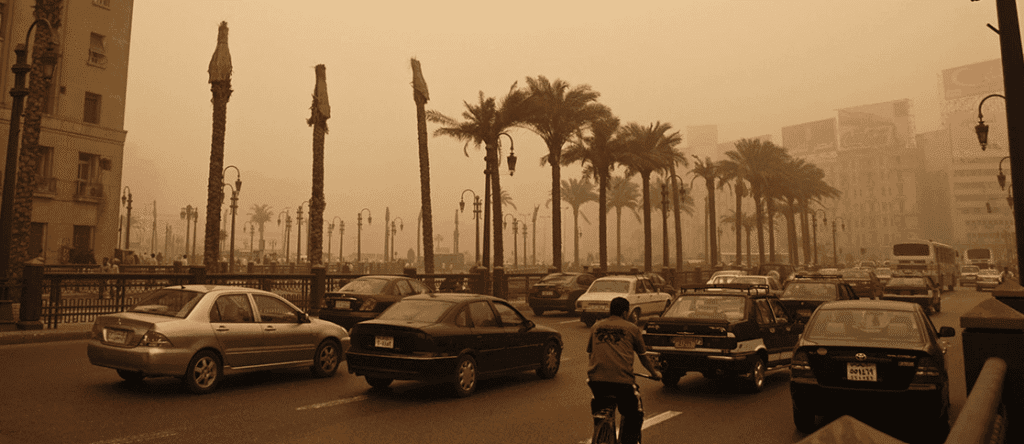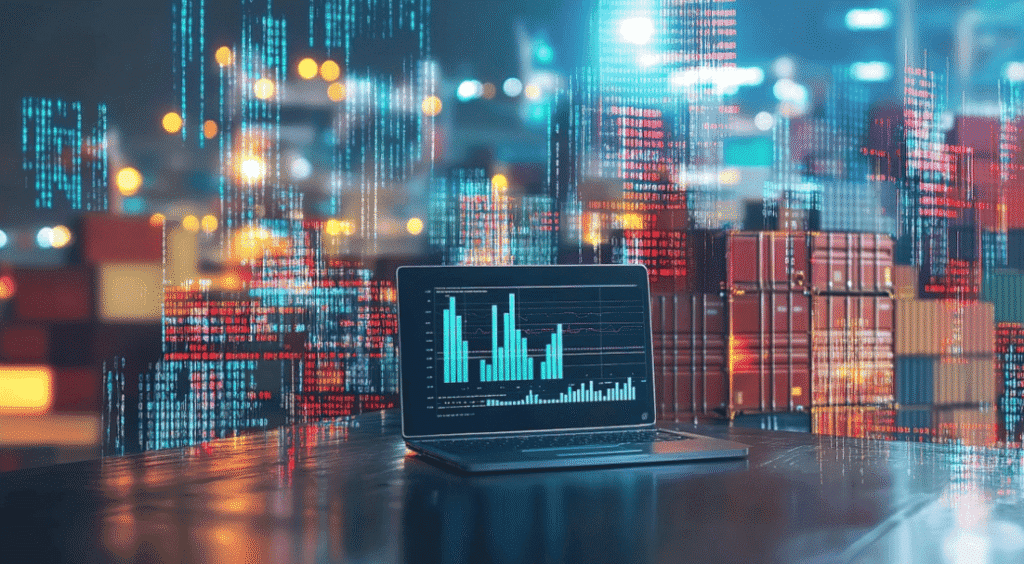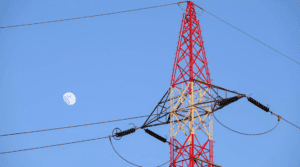The missing link: Why economic policy needs organisational economics

Europe faces slowing growth, ageing populations, and structural shifts. This column discusses how organisational economics can illuminate the impact of structural forces on Europe and
Rational inattention and information provision experiments

Surveys with information provision experiments have become popular in economics. This column introduces an information provision experiment in a model of rational inattention – where
Dollar choppy after Fed decision; pound steady after BoE keeps rates steady

The pound initially edged up after the BoE’s decision, but pared those gains to trade slightly lower on the day at $1.3622. The U.S. dollar
An alliance for open trade: How to counter Trump’s tariffs

The US administration’s latest threat to impose sweeping new tariffs on many of its closest allies signals a renewed embrace of aggressive unilateralism and misunderstood
Trade’s emissions paradox: What it means for developing countries

International trade plays a complex role in shaping environmental outcomes. A new World Bank paper, “Trade’s Emissions Paradox: Cutting Greenhouse Gases, Raising Air Pollution,” prepared
Missing tariffs: How flawed data turn trade policy analysis into a Herculean task

When the Trump administration pledged to impose “reciprocal tariffs” on countries with “unfair” trade practices, trade economists scrambled to determine what such tariffs might look
New eBook: Trump’s Great Trade Hack

President Trump’s 2025 tariffs mark the onset of the post-American leadership era. This column introduces The Great Trade Hack, a new CEPR Rapid Response book
Who supplies and demands safe assets – and why it matters

21 Apr 2025 Safe assets are the building blocks of modern financial markets. This column examines the sectoral dynamics of safe assets across advanced economies
The economics of climate adaptation: From academic insights to effective policy

Adapting to climate change – finding ways to prevent the harshest effects or deal with crises when they occur – is a first-order issue. But





